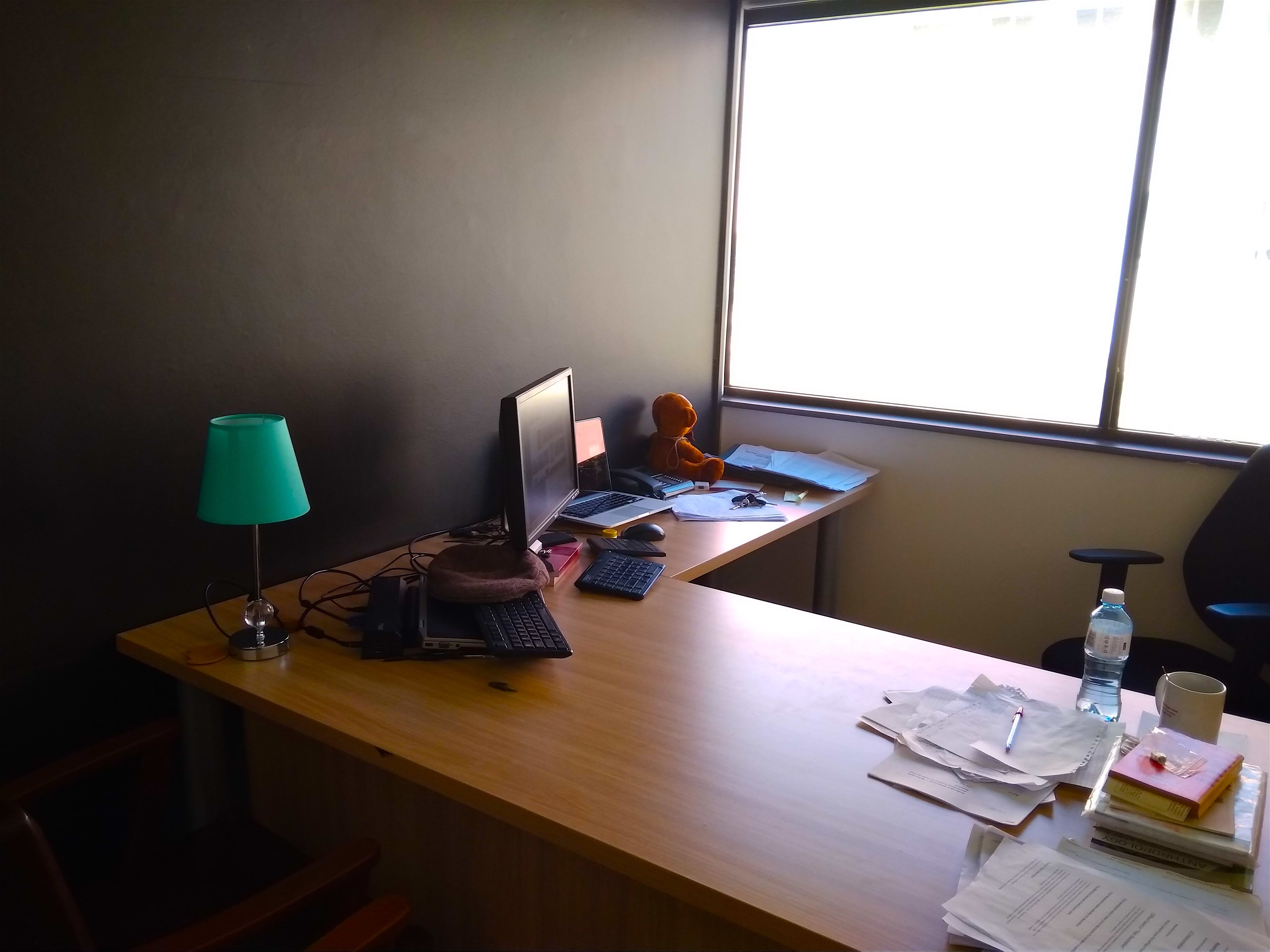The Academography project began in late 2016 and now it’s almost March 2018, so it seems as good a time as any to take stock of our progress.
Globally speaking, as far as I can tell, higher education has not changed enormously in the past sixteen months. It continues to be a highly contested space whose history is inseparable from all the other major global processes. I’m thinking of things like the evolution of neoliberal governance, the progress of decolonizing projects such as Transformation in South Africa, the ongoing conflicts about immigration and racialization, the resurgence of ethnonationalisms notably under Donald Trump, antisexist projects like #metoo, and ongoing debates about precarious labor.
